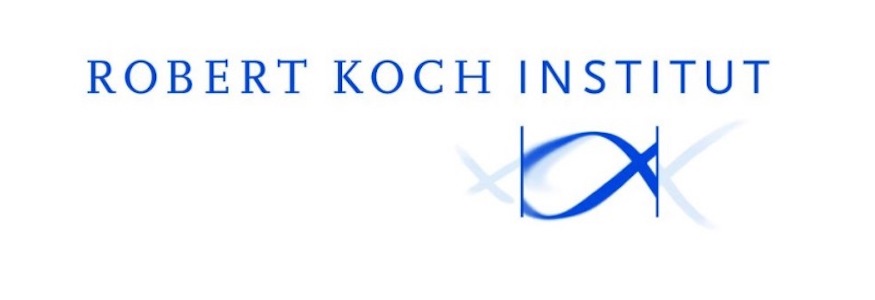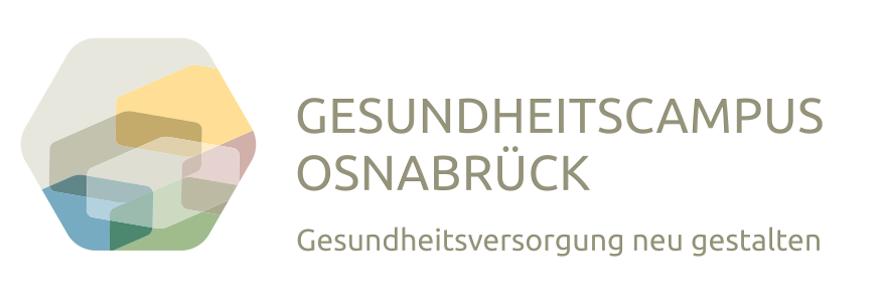Join this year’s cognitive computing hackathon all about health and epidemiology. In the event - jointly organized by the Institute of Cognitive Science, the Robert Koch Institute Berlin and the GesundheitsCampus Osnabrück - you will have the chance to develop innovative solutions with great impact on the fight against epidemiological outbreaks.
Create automated assistants that help epidemiologists to sift through vast amounts of e-mail reports to detect epidemics early. Build intelligent datacrawlers that scour the web for data that allows for timelier prediction of outbreaks and more detailed research into the impact diseases have on society. Use your machine learning skills to compete directly with established statistical methods in epidemiology to forecast the number of cases per disease. Bring your own ideas too, and spend an exciting week with us – awards and prizes for the best projects included!

The interdisciplinary Institute of Cognitive Science at Osnabrück University was established in June 2001. Research at the Institute is aimed primarily at questions of higher cognitive functions - on the one hand, as pure research on an interdisciplinary level with an interest in more comprehensive scientific knowledge, i.e. overlapping the traditional disciplines. At the same time, however, our research is aimed at creating technologies innovatively and competently, which can serve a modern information society.

The Robert Koch Institute (RKI) is Germany’s public health institute. The mission is to protect and improve the health of the population. To this end, 1,100 individuals from 90 different occupational fields work and conduct research together at RKI every day. RKI investigates disease and health on all levels: from viruses in human cells to obesity in the population. RKI’s scientists collect data on non-communicable diseases like diabetes and cancer, on infectious diseases and (new) biological dangers. On this basis, policy recommendations and preventive strategies are developed.

The GesundheitsCampus Osnabrück is a joint initiative of Osnabrück University of Applied Sciences and Osnabrück University. Together with local partners from health economy, politics, and society it forms a platform for the exchange of science and practice to drive innovations and reshape the local healthcare system.




